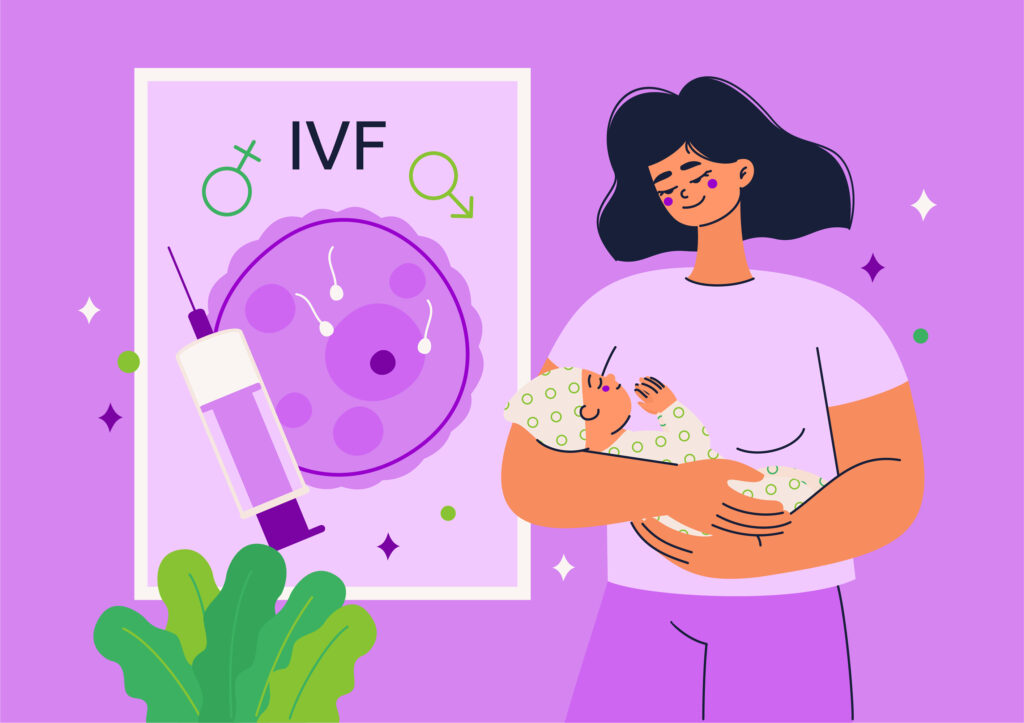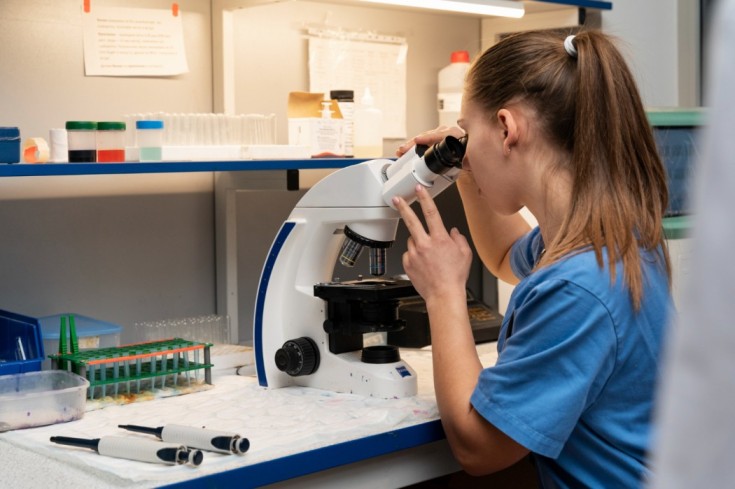
Dear Gynaecologists
As medical professionals dedicated to women’s health and fertility, we understand the critical role that IVF specialists play in helping couples achieve their dream of parenthood. In today’s ever-evolving landscape of assisted reproductive technologies, the demand for skilled IVF specialists continues to rise. In this blog, we’ll explore the indispensable role of an IVF specialist, and how specialized programs such as IVF training courses and Fellowship in Infertility empower gynaecologists to excel in this dynamic field and provide the highest level of care to their patients.
The Role of an IVF Specialist: Navigating the Journey to Parenthood
An IVF specialist is a highly trained medical professional with expertise in the diagnosis and treatment of infertility using assisted reproductive technologies (ART), including in vitro fertilization (IVF), intracytoplasmic sperm injection (ICSI), and embryo transfer. As the primary point of contact for couples undergoing fertility treatments, IVF specialists play a pivotal role in guiding patients through every step of their fertility journey, from initial consultations to pregnancy outcomes.
One of the key responsibilities of an IVF specialist is to conduct comprehensive infertility evaluations and develop personalized treatment plans tailored to each patient’s unique needs and circumstances. By leveraging their expertise in reproductive medicine and advanced diagnostic techniques, IVF specialists can identify underlying causes of infertility and recommend the most appropriate treatment options to optimize the chances of success.
IVF training courses: Elevating Expertise in Reproductive Medicine
For gynaecologists looking to specialize in reproductive medicine and become IVF specialists, IVF training courses offer a comprehensive introduction to the principles and practices of assisted reproductive technologies. These IVF courses cover a wide range of topics, including ovulation induction, controlled ovarian stimulation, oocyte retrieval, fertilization techniques, embryo culture, and embryo transfer. By immersing themselves in IVF courses, gynecologists gain the knowledge and skills needed to confidently diagnose and treat infertility using the latest advancements in reproductive science.
IVF courses typically include both theoretical coursework and hands-on training in state-of-the-art fertility clinics. MOMSOON Fertility & IVF Centre is one such specialised ART clinic that offers Fellowship in Infertility & Reproductive Medicine recognised by SSAHE (Deemed University). Through interactive lectures, case studies, and practical workshops, participants learn how to perform IVF procedures with precision and proficiency. By pursuing Fellowship in Infertility & Reproductive Medicine, gynaecologists can expand their expertise and enhance their ability to provide high-quality care to patients struggling with infertility.
Why Choose Specialized Training in Reproductive Medicine?
- Enhanced Expertise as IVF Specialists
- Career advancement in fertility clinics
- Improved patient outcomes
In conclusion, specialized training in reproductive medicine offers gynaecologists the opportunity to become IVF specialists and leaders in the field of infertility management. Whether through short term IVF courses or Fellowship in Infertility & Reproductive Medicine, advanced training empowers gynaecologists to provide the highest level of care to their patients and make a meaningful difference in the lives of couples struggling with infertility.








